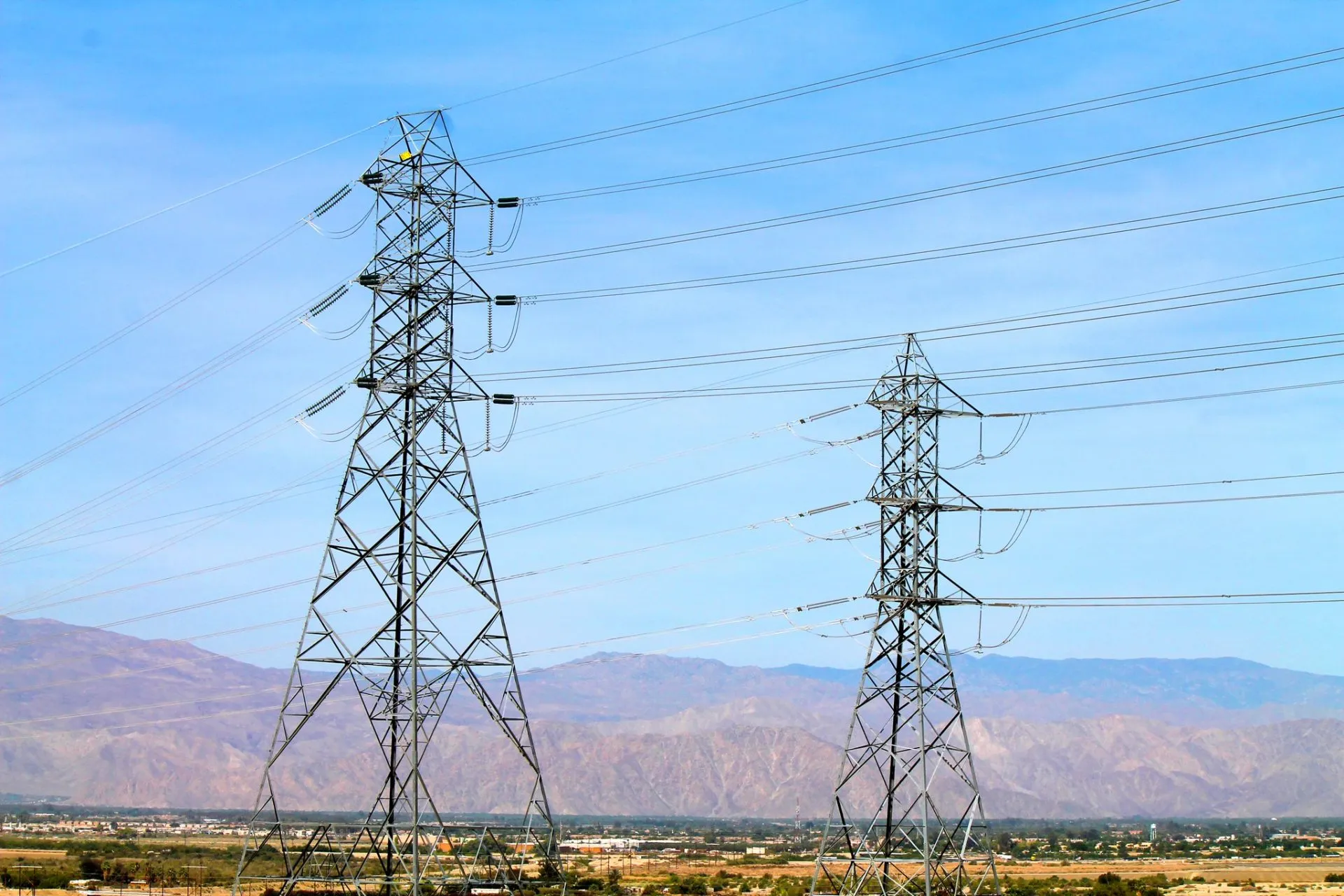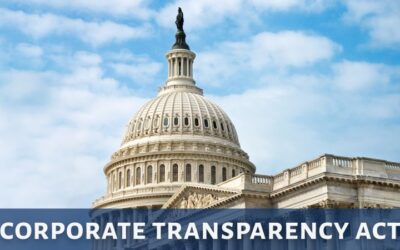The Imperial Irrigation District (IID) Board of Directors has initiated a comprehensive evaluation to consider transitioning all residential customers to what is referred to as an average billing system. This proposal, approved during the Board’s August 20 meeting, aims to mitigate the impact of fluctuating energy costs on customers by offering more predictable monthly bills. However, the potential shift has sparked a debate about the benefits and drawbacks of such a change.
The Case for Average Billing
Supporters of the average billing system argue that it would alleviate the financial strain many customers experience due to seasonal spikes in electricity usage. The traditional billing model, with its sharp increases during summer when major air conditioning usage is a necessity, can create significant financial burdens for households. The average billing approach could provide more stability and predictability in monthly expenses by spreading out costs evenly over the year.
“The Imperial Irrigation District is aware of the impacts that rising living costs and higher electricity bills have had on our residential customers,” said Chairman Alex Cardenas. “We are exploring solutions to include developing a stabilized billing system.”
The plan is not without context; according to IID, since 2020, the utility’s fuel and power costs have surged by 86%, driven by rising natural gas prices and changes in state energy policies. This sharp increase has further exacerbated the financial challenges faced by many residents, making the case for a more predictable billing system even stronger.
General Manager Jamie Asbury emphasized the district’s efforts to mitigate these challenges. “We are committed to exploring every avenue to support our customers through these challenging times,” she said.
The Downsides of a Mandated Billing Approach
Despite the potential benefits, the average billing system is not without its critics. The most significant concern revolves around the potential for deferred balances. While customers may appreciate the consistency in their monthly bills, there is a risk of accruing a substantial balance that must be settled at the end of the year. This “sticker shock” could be a rude awakening for customers who have not been closely monitoring their energy usage throughout the year.
Board member Javier Gonzalez, who voted against the evaluation, voiced concerns about the program’s risks. “While average billing may offer predictability, it could also mask the true cost of energy consumption, leading to financial strain when the deferred balance comes due,” Gonzalez cautioned.
Another downside relates to the unpredictability of weather in the region. Sudden temperature extremes can lead to increased energy consumption, which might not be immediately apparent under an average billing plan. Customers may not realize the extent of their energy usage until it is too late to adjust their habits, potentially resulting in higher overall costs.
Lastly, there is the issue of equipment failure. With average billing, customers may be less likely to notice unusual fluctuations in their energy usage, which could indicate a faulty meter or equipment failure. This lack of awareness could lead to prolonged overbilling or energy waste, further complicating the financial situation for some households.
The Road Ahead
The IID Board has tasked General Manager Asbury with conducting a detailed analysis of the average billing system’s financial implications, operational feasibility, and potential customer impact. The evaluation will also consider a provision for customers to opt out and continue with the current monthly billing approach and safeguards to prevent excessively burdensome year-end settlements.
The findings and recommendations from this evaluation are expected to be presented to the IID Board by November 2024. If the Board decides to move forward with the average billing model, implementation could begin as early as 2025, starting with low-income customers who receive discounts as of January 2024.




